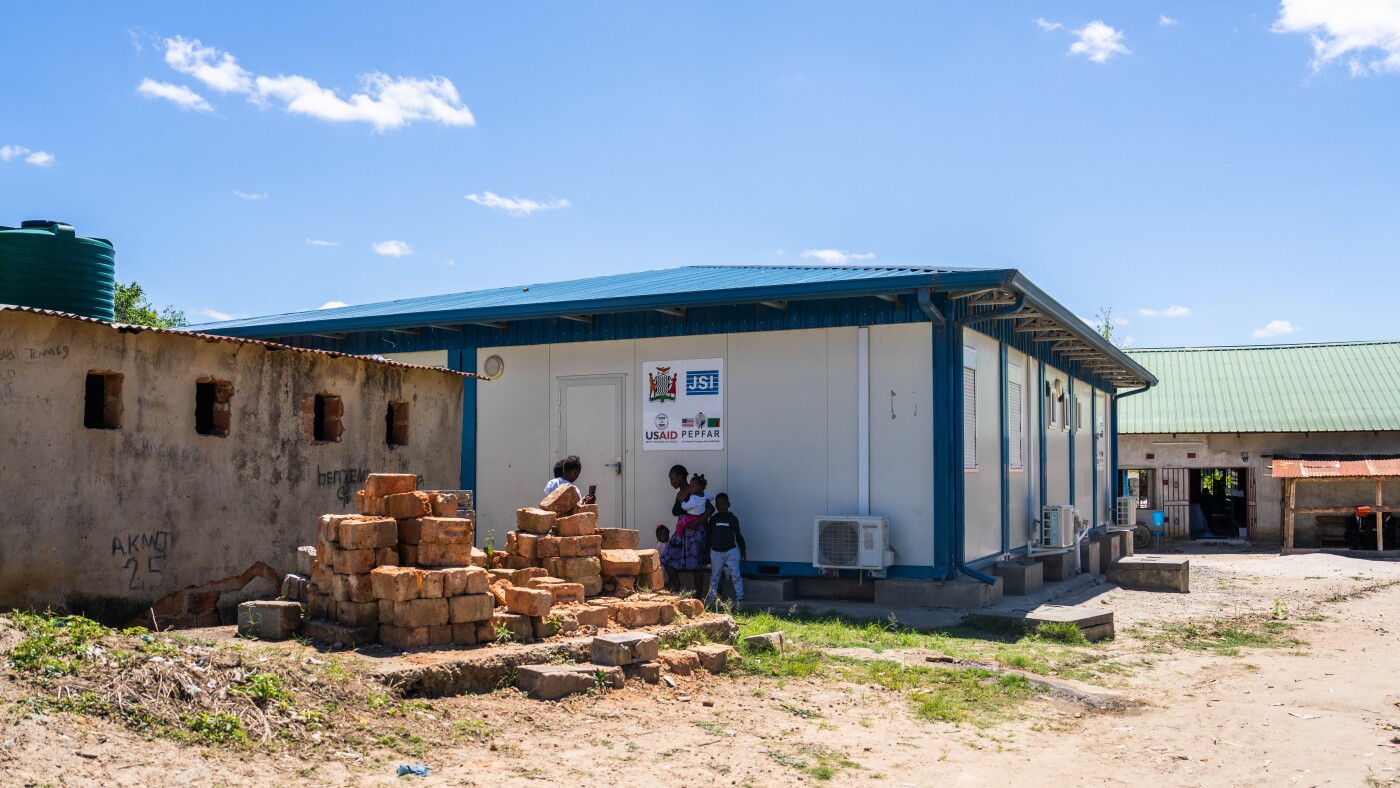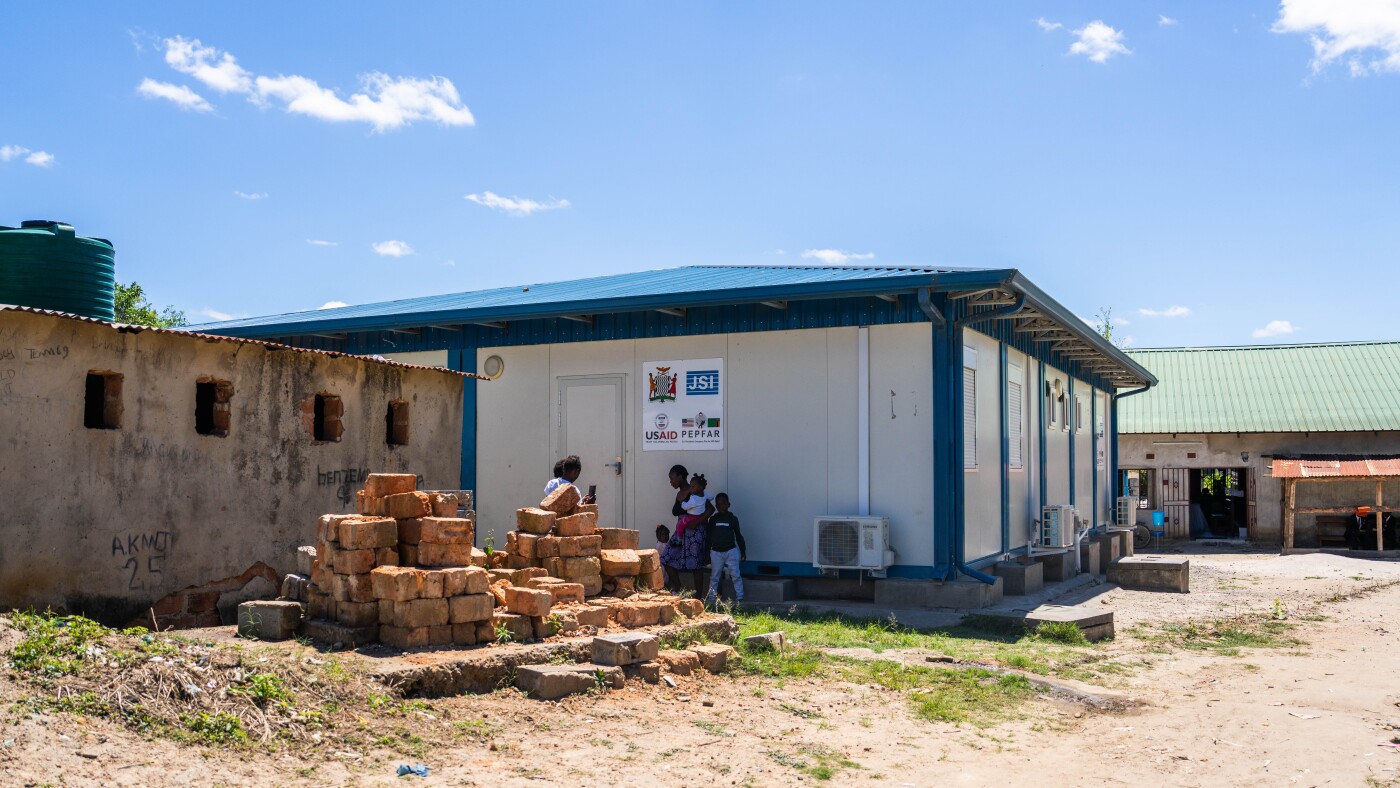The President’s Emergency Plan for AIDS Relief: A Pivotal Moment in Global Health
Introduction: A Beacon of Hope in Global Health
The President’s Emergency Plan for AIDS Relief (PEPFAR) stands as a testament to the power of international cooperation and sustained investment in global health. Launched in 2003 under President George W. Bush, PEPFAR has become a cornerstone in the fight against HIV/AIDS, saving millions of lives and transforming communities worldwide. However, recent threats to its funding have sparked critical discussions about its future and the broader implications for global health initiatives.
A Narrow Escape: PEPFAR’s Resilience in the Face of Budget Cuts
The recent proposal to include PEPFAR in a federal budget rescission package sent shockwaves through the global health community. The potential cuts threatened to undermine the progress made over the past two decades, raising concerns among policymakers, advocates, and beneficiaries alike. Fortunately, bipartisan support and a recognition of PEPFAR’s indispensable role led to its exclusion from the rescission list. This victory, however, serves as a wake-up call, highlighting the fragility of sustained funding for global health programs.
A Legacy of Lifesaving Impact
PEPFAR’s achievements are nothing short of remarkable. Since its inception, the program has saved an estimated 26 million lives, a figure that underscores the transformative power of targeted interventions and sustained investment. PEPFAR’s success can be attributed to its multifaceted approach, which includes:
- Antiretroviral Treatment (ART): Providing life-saving medication to millions of people living with HIV.
- Prevention Programs: Implementing strategies to prevent new infections, such as pre-exposure prophylaxis (PrEP) and voluntary medical male circumcision.
- Comprehensive Care: Supporting holistic care programs that address the broader health needs of individuals living with HIV.
Beyond individual health outcomes, PEPFAR has strengthened healthcare systems in numerous countries, built local capacity, and fostered partnerships between governments, civil society organizations, and international agencies. These investments have contributed to broader development goals, including improved maternal and child health, economic growth, and social stability.
The Unfinished Business: Challenges and Opportunities
Despite its successes, the fight against HIV/AIDS is far from over. PEPFAR faces several critical challenges that require innovative solutions and sustained commitment:
- Reaching the “Last Mile”: Marginalized and underserved populations, such as sex workers, men who have sex with men, and people who inject drugs, often face significant barriers to accessing HIV services. Tailored approaches are essential to ensure these communities are not left behind.
- Addressing Stigma and Discrimination: Stigma and discrimination continue to be major barriers to accessing HIV services. Efforts to combat stigma and promote acceptance are crucial for ensuring that everyone has access to the care they need.
- Ensuring Sustainable Financing: Sustaining the progress made against HIV/AIDS requires long-term financial commitment. Innovative financing mechanisms and increased domestic resource mobilization are essential for ensuring the sustainability of HIV programs.
- Adapting to Evolving Epidemics: The HIV epidemic is constantly evolving, with new challenges emerging, such as drug resistance and co-infections. PEPFAR must adapt its strategies to address these evolving challenges.
- Global Health Security: HIV/AIDS is intertwined with global health security. Strengthening health systems and building capacity to respond to HIV/AIDS can also help countries prepare for and respond to other health threats, such as pandemics.
The Road Ahead: Sustaining PEPFAR’s Momentum
The recent attempt to cut PEPFAR’s funding serves as a reminder that the program’s future is not guaranteed. To ensure that PEPFAR can continue to make progress against HIV/AIDS, several steps are necessary:
- Advocacy: Continued advocacy from policymakers, civil society organizations, and affected communities is essential for maintaining political support for PEPFAR.
- Transparency and Accountability: PEPFAR must continue to operate with transparency and accountability, ensuring that resources are used effectively and efficiently.
- Innovation: PEPFAR should continue to support innovation in HIV prevention, treatment, and care, exploring new approaches and technologies to accelerate progress.
- Partnerships: Strengthening partnerships with governments, civil society organizations, and the private sector is crucial for maximizing the impact of PEPFAR’s investments.
- Data-Driven Decision Making: PEPFAR should continue to use data to inform its decision-making, ensuring that resources are targeted to the areas where they can have the greatest impact.
- Focus on Equity: Prioritizing equity in access to HIV services is essential for reaching the most vulnerable and marginalized populations.
Navigating an Uncertain Future
PEPFAR’s escape from the rescission ax offers a moment of relief and reinforces the program’s vital role in global health. However, it also underscores the need for vigilance and proactive engagement to ensure its continued success. The future of PEPFAR, like many global health initiatives, hinges on sustained political will, financial commitment, and adaptive strategies to address evolving challenges. The path forward requires a collective effort to solidify PEPFAR’s legacy and continue its life-saving mission, paving the way for a future free from the burden of HIV/AIDS.
Conclusion: A Call to Action
The story of PEPFAR is one of hope, resilience, and the power of collective action. As we navigate an uncertain future, it is crucial to remember the lives saved and the communities transformed by this groundbreaking initiative. The recent threats to PEPFAR’s funding serve as a stark reminder of the fragility of progress. To ensure that PEPFAR can continue its life-saving mission, we must come together as a global community, advocating for sustained support, innovation, and equity. The fight against HIV/AIDS is far from over, but with continued commitment and collaboration, we can build on PEPFAR’s legacy and move closer to a world free from the burden of this devastating disease.








